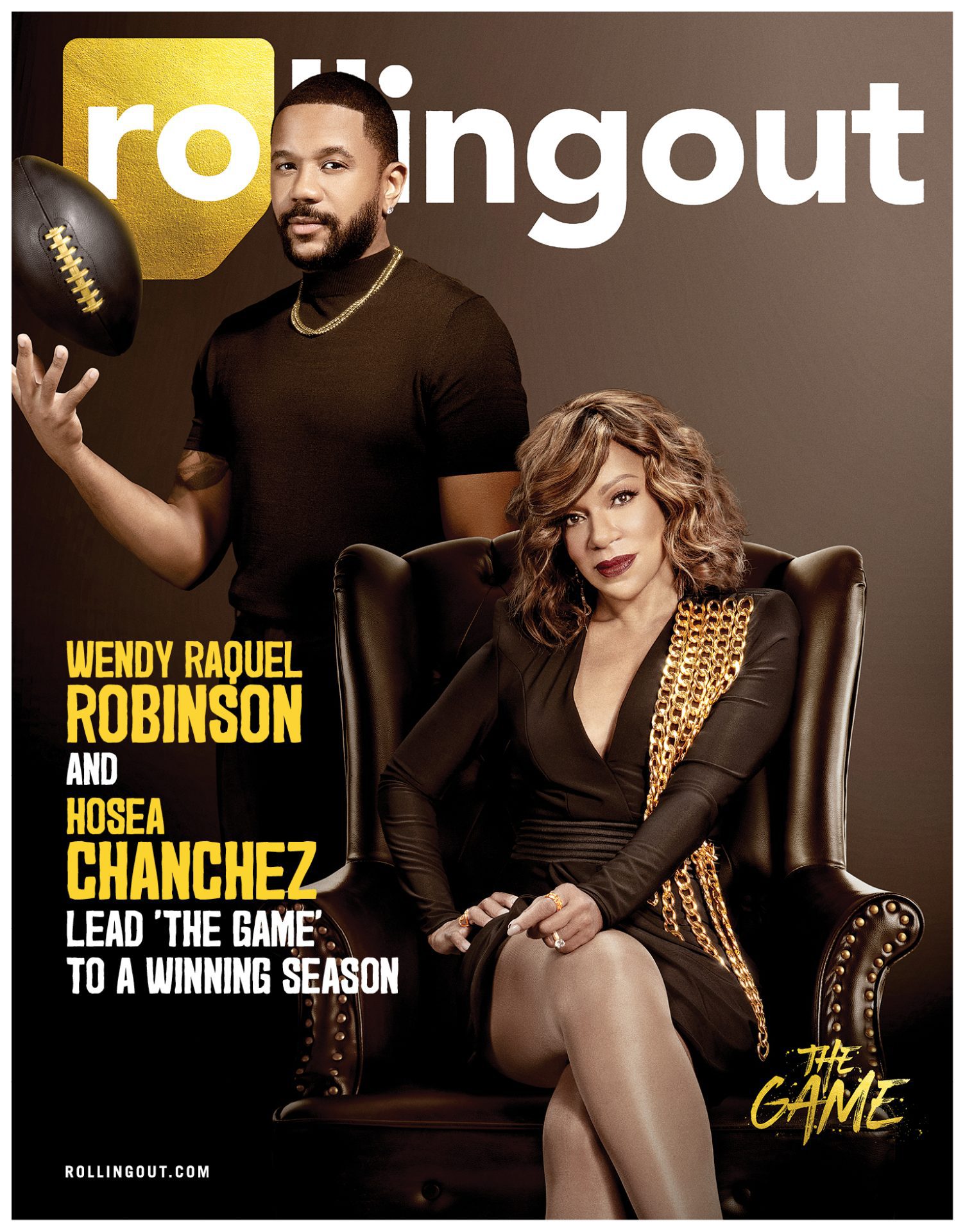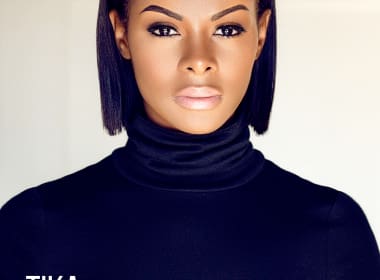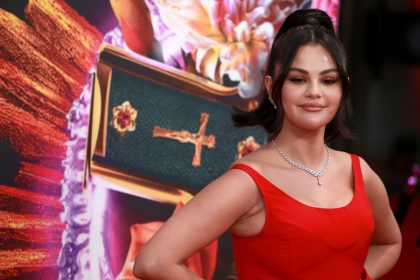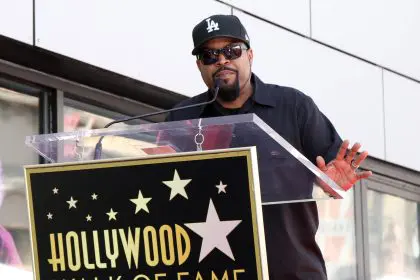As Candace Young, Sumpter is one of the more unscrupulous women on television. The character is manipulative and scheming — the perfect recipe for soap opera villainy. But Sumpter has had to endure some criticism from moral watchdogs who feel that the conniving character is just another supposedly negative portrayal of African American women. As a black woman, Sumpter understands the sensitivity, but believes that critics should broaden their vision as it pertains to blacks on TV.
“I think sometimes, because we haven’t been on TV that much, and [because] this is all relatively new; people want to be represented differently and they feel like one person is speaking for the masses,” she says. “But if the character has no challenges or isn’t a bit messy — there’s no show. There’s a reason why people love [ABC’s prime-time hit] ‘Scandal’ or ‘The Haves and Have Nots’ or ‘Being Mary Jane’ on BET. It’s because these characters aren’t perfect. If you want to put a perfect person on TV, you will have no show. In life, sometimes you see yourself in these characters and sometimes it’s not pretty.”
She also acknowledges that there’s a double standard — that crosses racial and gender lines—in the way shows that feature black actresses seem to garner more controversy. “Look at ‘Breaking Bad,’ ” she says. “This is [a show about] a teacher who had a meth ring. And it was one of the biggest shows. It’s a show that people love. But nobody’s going after that.
“Life is messy. People make decisions. Sometimes art imitates life,” adds Sumpter. “And I think, as people of color, we have to understand that we have stories, too, that need to be told. And real or not, that makes a good show and good characters and makes people watch.”
“Some women are not really lifting up other women in these arenas. Which is really sad, because finally we’re getting some kind of voice,” she says of the criticism many black women have of these shows. “Some of the criticism is even louder than ever. But for the most part, I feel that a lot of people are positive about these shows and are happy to see themselves and it’s fun to watch. And it’s not just black people watching the shows—there are other people watching, as well. So I’m grateful for the masses that are positive about it and are entertained.”
“I don’t walk into a room thinking ‘I’m a black actress, ohmigod.’ I always think ‘I have as much talent as anyone else,’” she explains. “I’ve been black my whole life. I don’t even call myself ‘a black actress.’ White actresses don’t walk around calling themselves ‘white actresses.’ They’re just ‘actresses.’ I go in with the attitude of what is for me is for me and I’m going to make them remember me–even if I don’t get this part.”
And Sumpter has developed a varied body of work. “All I know is my walk and my walk hasn’t been that,” she says. “I did What’s Your Number? with Anna Faris, I did ‘Gossip Girl’ with Blake Lively. So I’ve been able to walk back-and-forth. I want to continue to do that. A black woman is not just one thing. Why not be able to portray those things on-screen?”

















